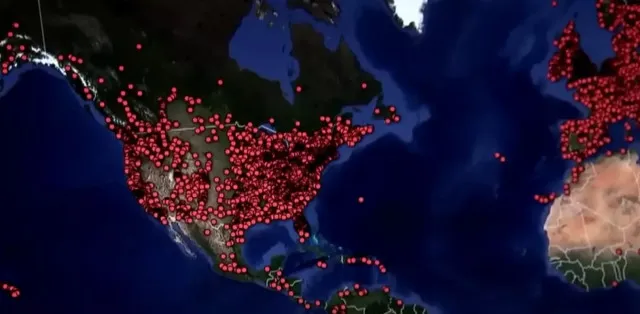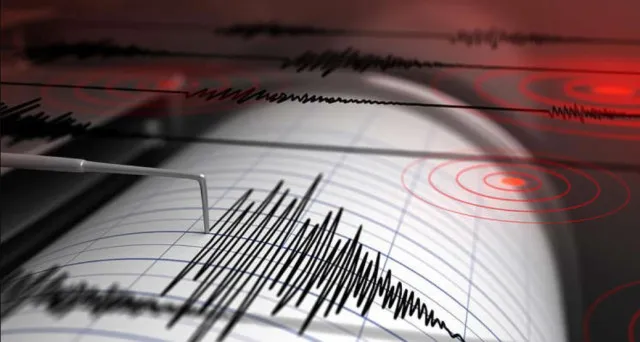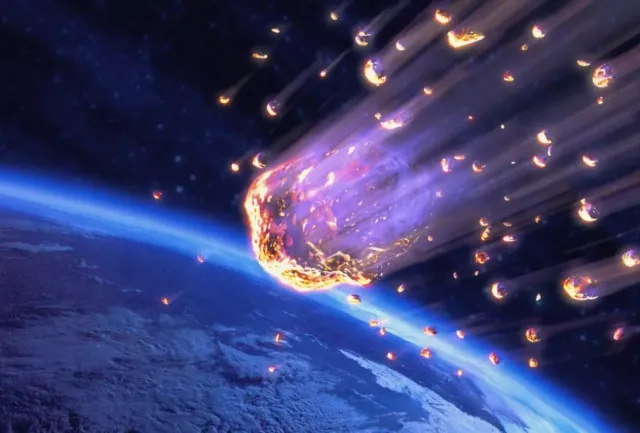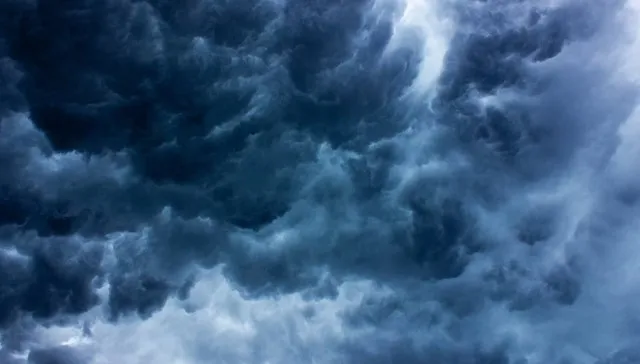Despite over a century of research, scientists are still unable to fully explain the mysterious skyquakes heard around the world.
Skyquakes are strange sounds that people hear around the world.
Scientists have studied these sounds for over a hundred years but still don’t fully understand them.
Many reports of skyquakes have been recorded for more than 200 years.

What are Skyquakes?
Skyquakes, often likened to the sound of a gunshot or a car backfiring, have been reported across the globe for over two centuries.
The scientific community has proposed several theories to explain the booming noises known as skyquakes.
Some believe these sounds may come from meteors exploding in the atmosphere.
Others suggest they could be linked to military testing or natural events like storms and earthquakes.

First reports relating to the skyquake phenomenon
The earliest report occurred in 1811 when people in New Madrid, Missouri, heard strange sounds.
These noises were reported just before or during a strong 7.2-magnitude earthquake.
In August 1886, residents of Charleston, South Carolina, reported similar sounds during a 7.3-magnitude earthquake.
Locals described the noises as resembling artillery rounds and continued to hear them for weeks after the earthquake.

Over time, these mysterious sounds have been known by various names.
A notable event in the 1850s at Seneca Lake in central New York led locals to call them “Seneca guns.”
James Fenimore Cooper experienced one of these skyquakes while living near Seneca Lake.
He described the phenomenon in his short story “The Lake Gun.”
In it, he portrayed the sound as a deep, hollow explosion that challenges conventional explanations.
Some people have suggested that skyquakes might be related to tectonic activity.
However, seismologists are still unsure if there is a direct connection between these sounds and earthquakes.

Scientists have yet to discover the “skyquakes” phenomenon despite over a century of research
In 2020, scientists at the University of North Carolina at Chapel Hill conducted research on skyquakes.
They used seismic data to explore the origins of these mysterious sounds.
Their findings suggest that skyquakes may be more closely related to atmospheric conditions than to seismic disturbances.
Researcher Eli Bird said: “Generally speaking, we believe this is an atmospheric phenomenon – we don’t think it’s coming from seismic activity.

“We’re assuming it’s propagating through the atmosphere rather than the ground.
“The atmospheric conditions could be such that that gets amplified in a particular direction, or is primarily affecting this localized area.”
Despite ongoing research and advancements in scientific understanding, the origin and nature of skyquakes continue to elude clear explanations.